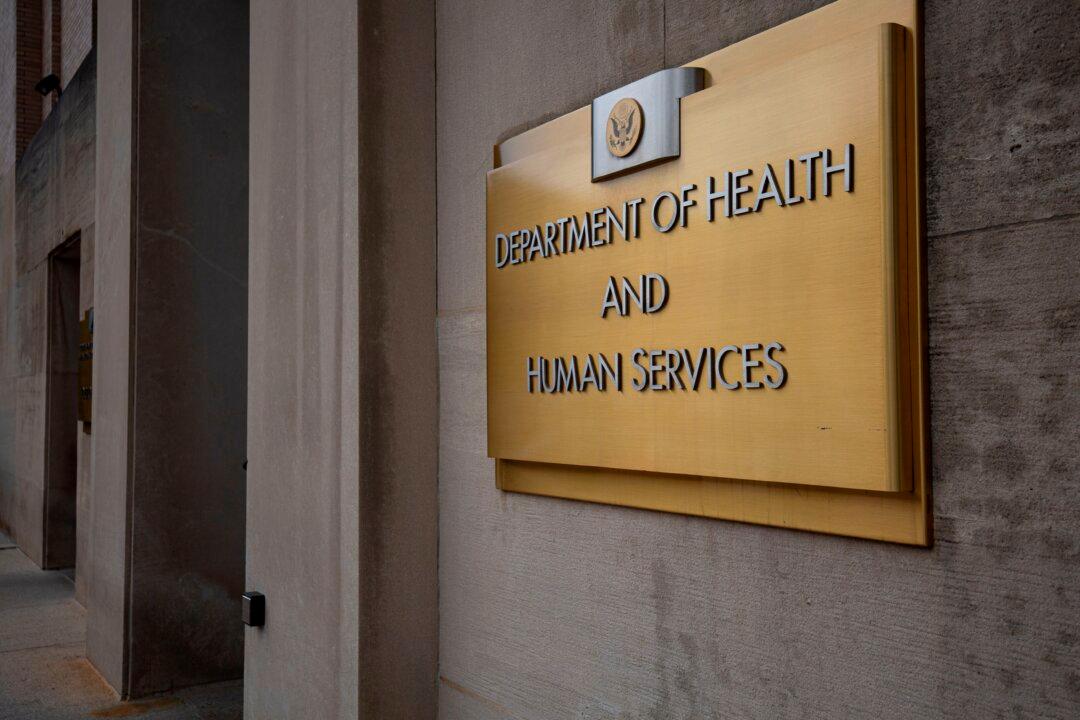The Department of Health and Human Services (HHS) on May 31 launched a new Office of Environmental Justice, the latest in a series of Biden administration policies and bureaucratic entities centered on environmental justice, environmental racism, equity, and related concerns.
“Millions in the U.S. are at risk of poor health because they live, work, play, learn, and grow in or near areas of excessive pollution and other environmental hazards. The Office of Environmental Justice is an important avenue through which their well-being and quality of life are receiving our full attention,” Adm. Rachel Levine, assistant secretary for health, stated in a press release announcing the new office.





